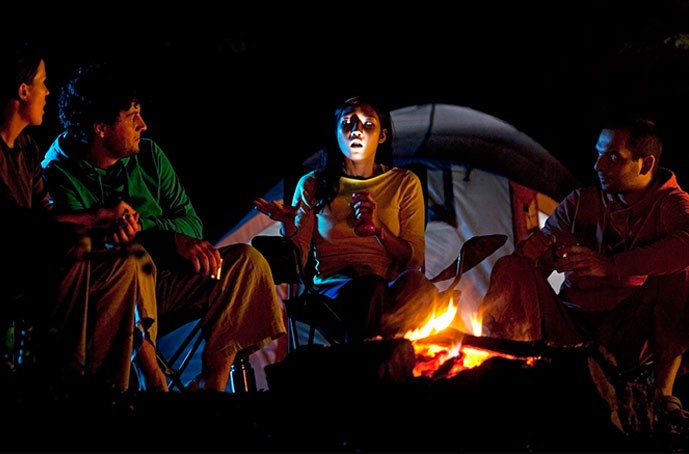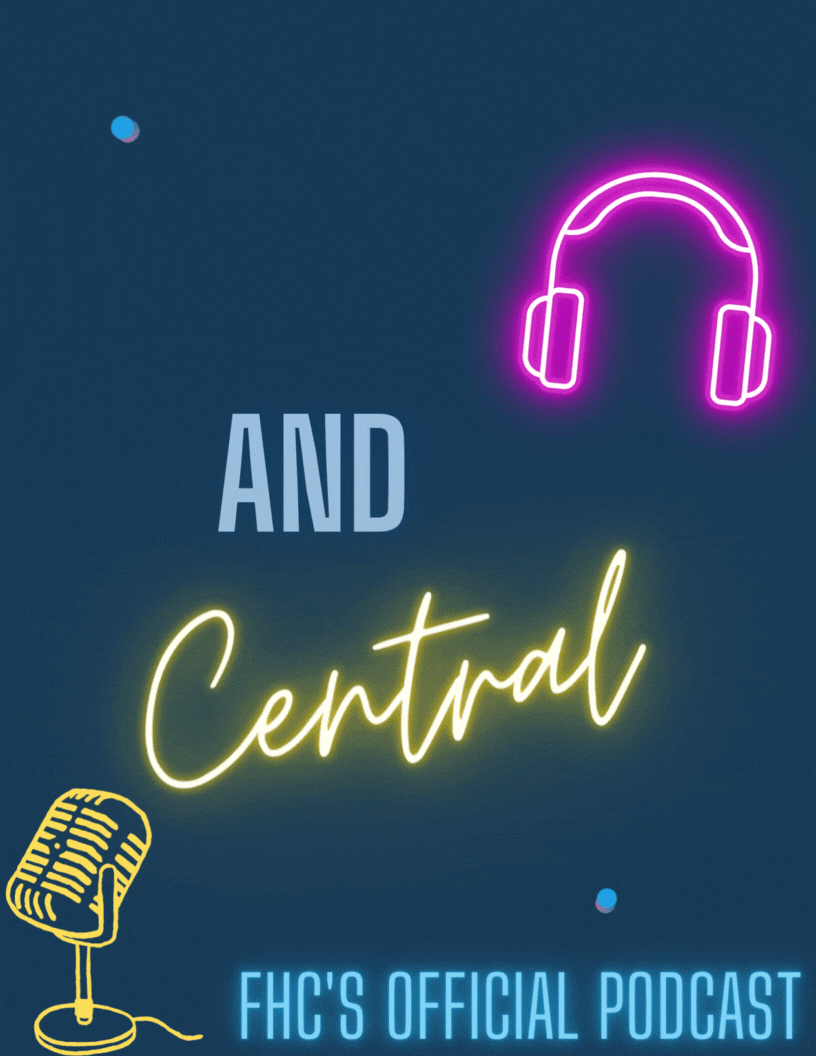Working at a library allows me an opportunity to become intimately acquainted with the books I choose to surround myself with. I make them a part of my everyday life because without them I might be lost. Whether I’m reading for school or for enjoyment, I don’t think I could imagine my life without them. So the thought that somebody might try to take that away from me, or anybody, makes my blood boil. I don’t think it is possible to say just how furious the idea of banning books makes me. Who gets to determine what knowledge and ideas I put into my head? The answer? Nobody but myself. I do not need to be sheltered from sex, offensive language, witchcraft, or any other excuse someone can pull out of their overused and outdated hat of excuses. Reading is a right, and one I encourage everyone to indulge in most vehemently.
Books are meant to entertain, to inform, and to open our minds up to new ideas and ways of life. The very act of challenging a book for being “sexually explicit”, “racist”, or simply “uncomfortable,” goes against everything that books represent. Funnily enough, America is at the forefront of banning books; a country obsessed with freedom and protecting its rights is leading a movement that completely dismantles the most basic human right- knowledge. If that doesn’t get you heated enough to storm into your library and check out every copy of “The Catcher in the Rye” then I don’t know what will.
Often, books are challenged for reasons that could easily be dismantled just by reading the book. “Speak” by Laurie Halse Anderson was challenged for glorifying premarital sex. The book is about rape. In no way, shape, or form, is a book about rape glorifying premarital sex. Rape is a heinous and disgusting crime, not meant for a reader’s sexual pleasure. “To Kill a Mockingbird” by Harper Lee is often challenged for promoting racial hatred. To the people using that excuse, I can say only one thing. Read. The. Book. I do not understand how someone can read a book like that and completely miss the entire point of the novel.
Oh, but the list goes on. “Fahrenheit 451” by Ray Bradbury, a book about banning books, was banned for going against a protester’s religious beliefs. “The Great Gatsby” by F. Scott Fitzgerald was banned for language and references to sex. “The Scarlet Letter” by Nathaniel Hawthorne was banned for going against community values and being “obscene.” “Twelfth Night” by William Shakespeare is often challenged for promoting homosexuality. There are hundreds more, banned only because somebody thought the book was uncomfortable for them to read. And that is no reason to take away the right to read.






